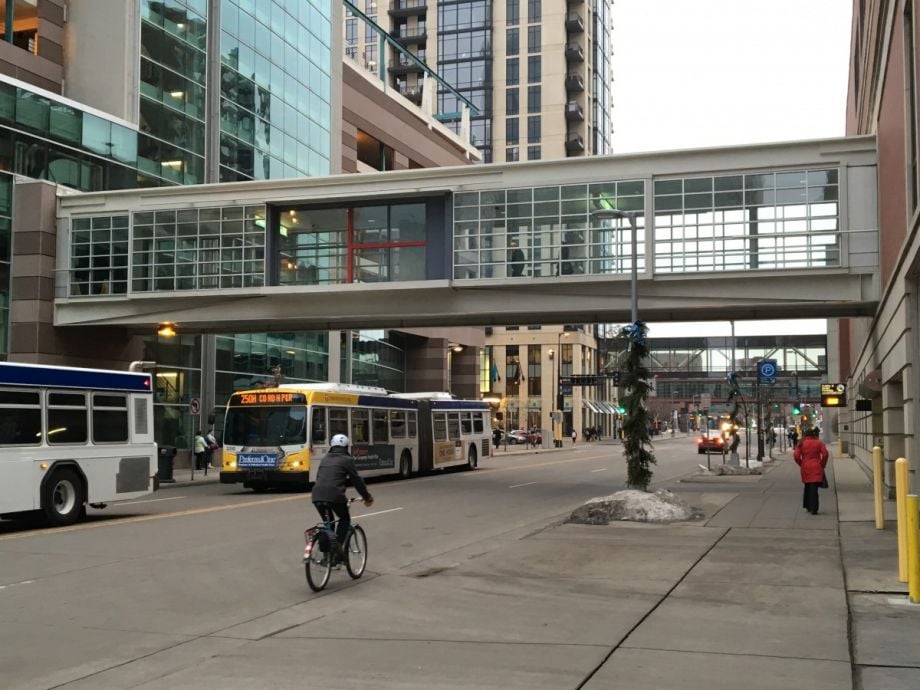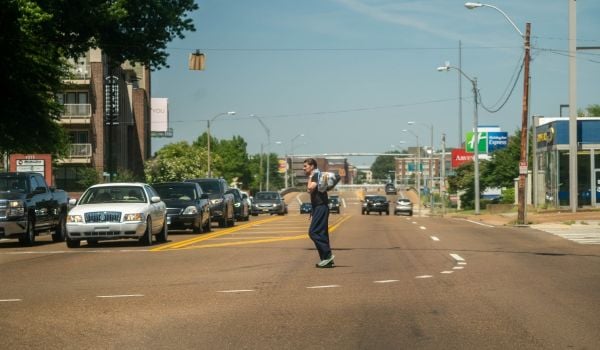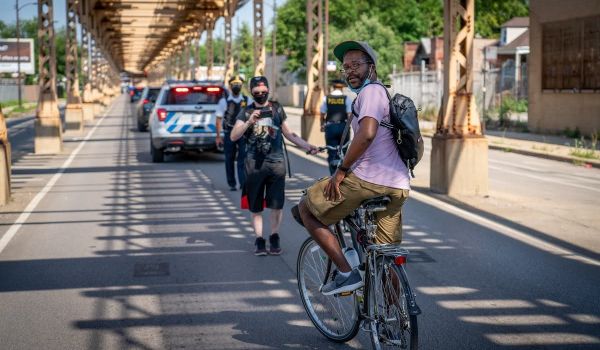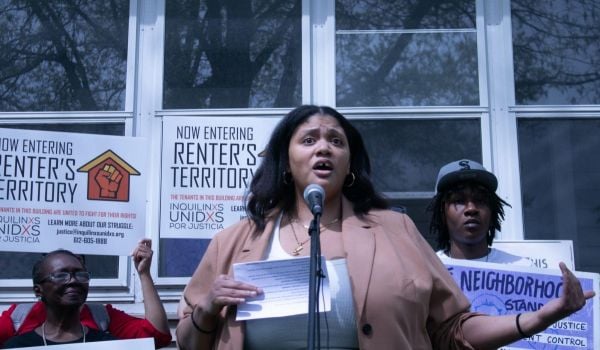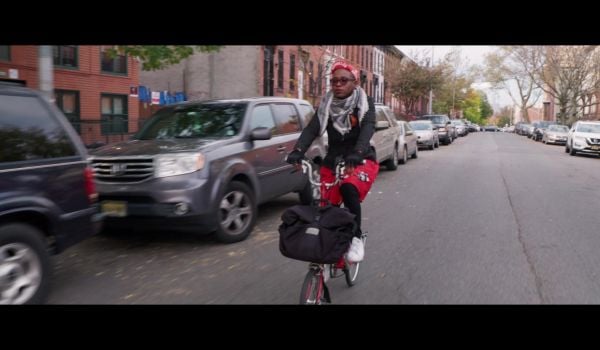Count Minneapolis in on Vision Zero. Mayor Betsy Hodges announced Monday that officials will attempt to end pedestrian and bicycle fatalities and serious injuries by 2027, the Star Tribune reports. As in other cities, the decision will no doubt spark controversy, particularly because the region has a history of inequitable infrastructure.
Between 2006 and 2015, 35 pedestrians, 14 cyclists and 57 people driving or riding in cars died in crashes citywide, according to the Star Tribune.
“We can and we must do more, and we are,” Hodges said at a news conference Monday. “Even one preventable death on our streets is one too many.”
Hodges’ 2018 budget will include $400,000 for Vision Zero. Officials will develop and draft a plan over the next year and a half, with the city paying close attention to data showing that 76 percent of fatal and serious injury crashes take place at 13 percent of the city’s intersections.
That data could be key to enacting some of the Vision Zero speed-reduction practices common in other cities, like New York. According to the Star Tribune, the city doesn’t have authority to reduce speed limits below 25 miles per hour without permission from the state legislature. But if officials can show patterns where crashes seem concentrated, they may get the OK to reduce those limits. The paper doesn’t mention which neighborhoods the intersections are located in, but other cities have seen a definite pattern of high-impact sites in neighborhoods that are lower-income and, often, predominantly occupied by people of color.
“It’s no coincidence that in low-income neighborhoods and communities of color inadequate public investment correlates with disproportionate rates of both traffic collisions and preventable diseases like diabetes,” Jen Kinney wrote for Next City in February. Cities need to take a macro-view, looking “at the policies, practices and norms that have allowed these disparities to arise in the first place,” Elva Yanez, director of health equity at the Prevention Institute, told her at the time.
Minneapolis, which has recently begun trying to correct the deep and longstanding history of inequity in its parks system, will likely need to be especially proactive on the engagement front. The historically black neighborhoods have become accustomed to either neglect or destructive infrastructure from the public sphere, so trust has been in short supply, as shown recently during debates over a proposal to build a 37-block greenway.

Rachel Dovey is an award-winning freelance writer and former USC Annenberg fellow living at the northern tip of California’s Bay Area. She writes about infrastructure, water and climate change and has been published by Bust, Wired, Paste, SF Weekly, the East Bay Express and the North Bay Bohemian
Follow Rachel .(JavaScript must be enabled to view this email address)

